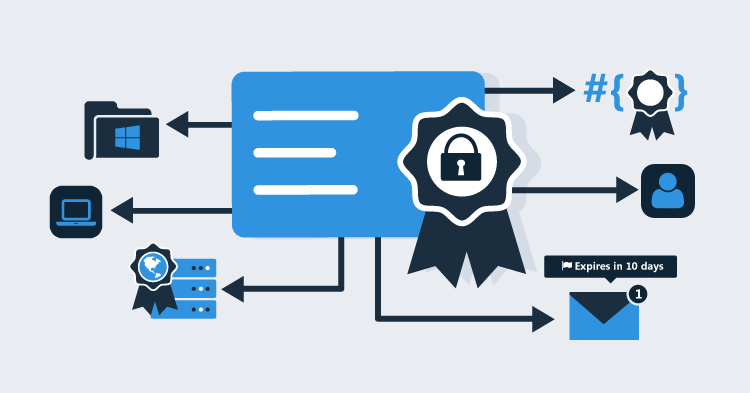If you are using OctoPack to create your NuGet packages, you can now use it to publish them using the following additional MSBuild properties:
/p:OctopusPublishPackageToFileShare=C:\MyPackages- copies the package to the path given/p:OctopusPublishPackageToHttp=http://my-nuget-server/api/v2/package- pushes the package to the NuGet server/p:OctopusPublishApiKey=ABCDEFGMYAPIKEY- API key to use when publishing
Some build servers, like TeamCity 7, can natively host NuGet packages, so this feature isn’t very useful. But other build servers, like TFS, can’t, and what’s where this feature comes in handy. Shortly I’ll do another blog post showing how this feature can be used to publish Octopus packages from Microsoft’s new TFS Preview service.
Changed
The prefixes of these properties have all changed in OctoPack 2.0. Instead of being prefixed with “Octopus”, they now use “OctoPack”. For example, **OctoPack**PublishPackageToFileShare.




